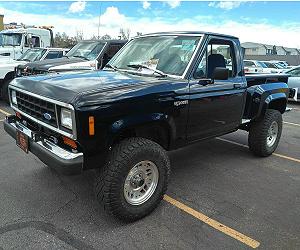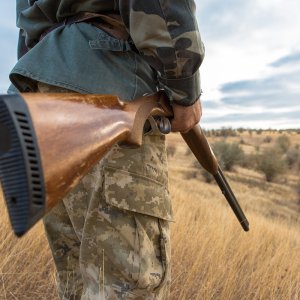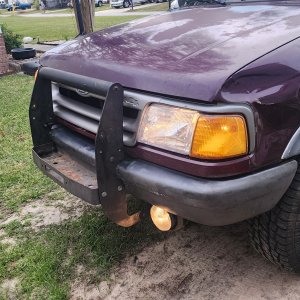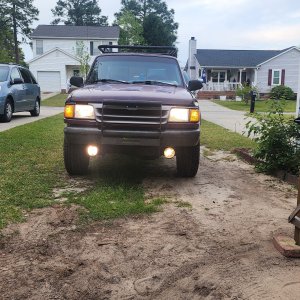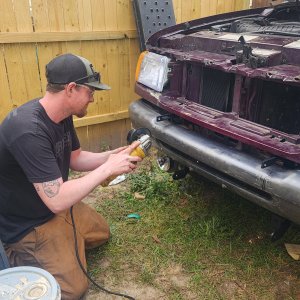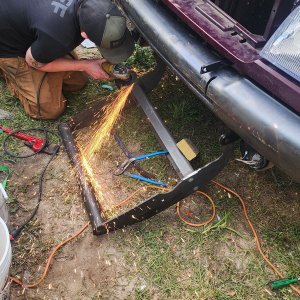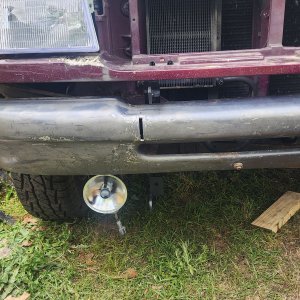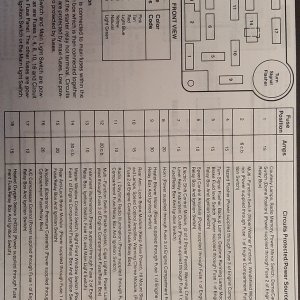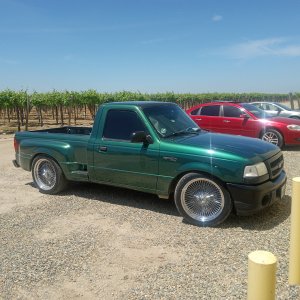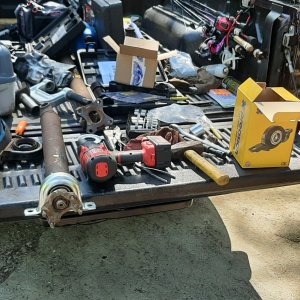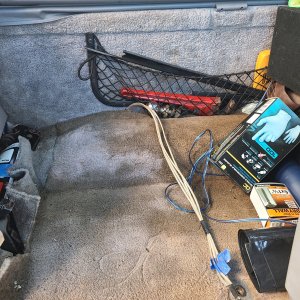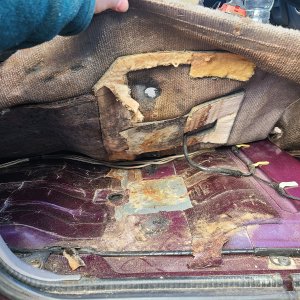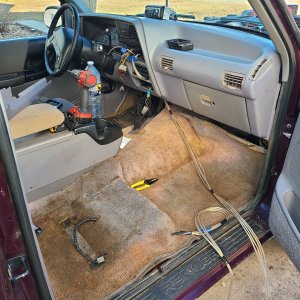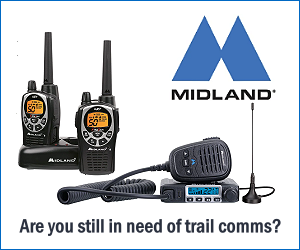+1 ^^^
Compression test "Kit" can be rented at many auto parts stores or tool rental places
And can be purchased for $25-$50
Basic "kit" has a pressure gauge with release valve, a 1ft to 2ft hose, and 2 or 3 spark plug threaded inserts.
Walmart has this one:
https://www.walmart.com/ip/Equus-3614-Innova-Compression-Tester/14644668
The insert screws into spark plug hole, the hose screws into insert, the gauge hooks to hose with "quick connect".
The gauge has a 1-way valve that lets pressure in but not out.
After gauge is hooked up to a cylinder you crank the engine with starter motor.
On each compression stroke of that cylinder it builds up pressure in the gauge.
After 4 or 5 compression strokes gauge will show highest pressure achieved
You write that number down, along with cylinder number
Release the pressure with the valve button and move tester to next cylinder.
You want all the spark plugs out so starter motor can spin the crank shaft as fast as possible, you will also be able to "hear" each time the cylinder being tested "hits" its compression stroke, crank slows down.
This is why you need good charged up battery.
Also while cranking the engine hold the gas pedal down all the way, this turns off the Fuel injectors but also allows better air flow into the engine
As alwaysfloored said piston ring replacement would require pulling out the engine, and at that point you would need to decide about rebuilding or replacing the engine.
A "Short Block" rebuild means new main and rod bearings, new cam bearings, new rings, maybe new pistons(they don't always need to be replaced), cleaned block, honed or bored cylinders, and new oil pump in most cases.
But no heads or head work is included
"Long Block" rebuild includes the head and valve work, and heads are installed on the block with lifters, push rods and rockers adjusted
You can pay for a Short Block rebuild then add the heads and other stuff yourself, although heads should be cleaned, surfaced and pressure tested at machine shop before being reused, and new valve guide seals installed.
Make some calls to local machine shops for pricing on short and long block rebuilds and head work, prices vary from shop to shop, also time frames, so ask.
A vacuum gauge is a good tool to have in the tool box, usually under $20
It works on any gasoline engine, no matter how many "do-dads" they add to an engine it is still basically a self powered air pump, so vacuum pressure can tell you alot about engine condition.
Good read here on using one:
http://www.gregsengine.com/using-a-vacuum-gauge.html
Things you don't need to know, lol.
Engine compression is needed to heat up the fuel so a spark can ignite it, diesel engines ignite fuel just with compression heat.
You also get a "rebound effect" from compression, like winding up a rubber band releases more energy the more you wind it up.
Compression ratio is the difference in the volume in a cylinder when piston is at BDC(bottom dead center) and then at TDC(top dead center)
The head has a cavity and sometime pistons are domed or cupped.
If BDC has cylinder volume at 1,000cc and TDC has volume of 100cc then ratio is 1,000 to 100, or 10:1 ratio
BDC of 900 and TDC of 100 would be 9.0:1
Octane rating is a fuels ability to self-ignite when heated, 87 octane will self-ignite at a lower temp than 89 octane, and so on up to 93 octane for gasoline.
At about 9.5:1 compression ratio 87 octane will start to self ignite, self-ignition causes the pinging or knocking noise, and is bad for the engine.
87 octane gas and 93 octane gas have the same energy potential per gallon, Octane is strictly a temperature rating.
Higher compression engines MUST use higher octane fuel, but don't get more power from that higher octane, they do get more power from the higher compression though.
If you seem to get better MPG with higher octane fuel, with a 9:1 ratio engine, then you probably have some pinging going on and may not be hearing i.
To calculated expected PSI compression you can use 18 x (Compression ratio)
18 number comes from 15psi air pressure at sea level plus 3 for the mechanical compression of piston/crank movement
9:1 ratio x 18 = 162psi expected
Metal rings against metal cylinder walls are not suppose to be an air tight seal, same as metal valves and against metal valve seats are not an air tight seal, they leak even when brand new.
They are temporary seals, the faster the piston is moving the less time there is for air to leak out so the higher the compression numbers there will be
Which is why best starter motor/crank speed will give best compression numbers.
There is another test called a Leak Down test, it tells you how much the rings and valve are leaking.
You use an air compressor set to deliver 100psi of pressure
You put test cylinders piston at TDC
You hook up air hose with gauge to that cylinders spark plug hole and turn on the pressure
If gauge shows 95psi then you have 5psi leaking out or 5% leak down, this would be a fairly new engine.
If gauge showed 90psi then you would have 10% leak down, so older engine.
After this test and 90psi you would remove the hose from cylinder and add a teaspoon of oil to the cylinder via spark plug hole, then rotate engine a full turn back to TDC and retest that cylinder.
The oil will help seal the rings but not leaking valves
So if retest showed 95psi then rings are leaking the most
If test showed 91/92psi then valves are whats leaking the most
Called a dry and then wet test
You can do the dry and wet test using compression gauge to tell if it is a ring or valve issue on lower PSI cylinders



